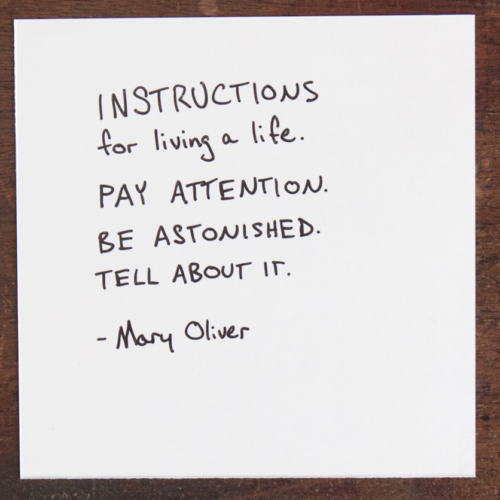
Listening and Sharing Our Stories
Lent is a liturgical season when many of us think about spiritual practices. We decide to give something up or we choose to begin practicing something new.
Most of us see spiritual practices as ways for us to behave. We hope we can behave our way into stronger spiritual life. Contemplative practices like centering prayer or other things we do on our own are often the first things which come to mind.
This year Lent is shining a light on the ways our individual spiritual practices are related to the spiritual communities in which we participate.
There are contemplative spiritual practices which also help strengthen spiritual communities. The listening we practice in centering prayer, for example, shows us how to listen to each other. Time we spend reflecting on our own stories reveals how we can step into sharing our stories with other people.
Listening is, in many ways, the opposite of having a right answer.
When I already have a right answer I do not need to listen. I only need to wait out of politeness for the other person to finish talking so I can tell them my answer. I am not particularly interested in what they have to say because I already have an answer and I know my answer is right.
Listening is not sharing my right answer with someone, it is sharing my true self with them. It demonstrates I care more about how I relate to someone than how much I know. Telling someone my right answers distances me from them, while listening to them builds a more connected relationship.
Listening may be the most intimate way you can spend time with another person without touching them.
Sharing Our Stories
Each of us has a story to share.
There is something about stories, something primal and something essential. Stories attract our attention; we enter into them and remember them. We often do not remember lectures or sermons, arguments or spreadsheets.
Children want someone to tell them a story, not give them a lecture.
We do not master stories, they master us.
Some stories entertain, some educate, some enlighten; some stories confuse us, some challenge our perceptions, some make us frustrated, and some nurture us.
We listen to stories other people tell us, whether they are told around a fire, in a coffee shop, in a darkened theatre, in music, or on our computer. The stories we hear shape us, and our stories shape others.
Each group of people, and each person, shares their story in their own way. The scriptures of every religious tradition consist of stories which describe the context and basis for what people believe. The history of the world is the total of the stories told by storytellers throughout time.
Our stories grow and develop over time. We begin to appreciate things in new ways, and our stories grow to include new lessons and insights. Listening to other people’s stories helps us hear our own stories more clearly. Our opinions, our families, our lives are tapestries woven from the stories we hear, the stories we tell, the stories which are knit into our oldest dreams.
Stories are how we fit our experiences together and how we shape who we become because of them. Embracing our story allows us to appreciate what has happened, and to discern what happens next. Sharing our stories helps us appreciate ourselves more clearly, more deeply.
Sharing our stories and listening to stories shared by others helps us find our truth.
Listening and Sharing Well
When we are listening well we are paying attention.
Some of us seem to think listening is waiting for someone else to take a breath. We might believe listening is thinking about what we will say next.
Listening well is being open to another person.
The first words in Benedict’s Rule tell us to listen with the ear of our heart. He is saying, “Pay attention!” Do not be focused on what you will say next.
Our contemplative practices show us how to listen to the sacred stillness within us and around us. Spiritual life speaks to us when we give ourselves the opportunity to listen.
Listening opens our eyes and ears to listen to the world around us.
Listening well is an intentional relationship. It is how we participate in sharing stories without speaking a single word. Our listening is a dance which combines being open, paying careful attention, and being our true selves.
It is not merely hearing what someone says, but connecting with who they are.
As we learn to listen well, we learn to appreciate the pauses, the stillness between words. We learn to interpret the nonverbal ways people communicate who they truly are.
Sharing Our Stories Well
Our stories may begin, “Once upon a time,” or “A long time ago in a galaxy far, far away.”
They may be full of detailed information and specific dates. Some of us might not remember when they started, or a time before they began.
We may not even be certain that our spiritual life story has begun, even now.
My own story includes dramatic transformations, twists and turns, and entertaining companions. It fits together and makes sense to me because I lived it. Some parts confuse other people, some are challenging to explain, some are particularly intense.
Sharing our stories helps us get to know each other and learn how we can trust each other.
There are particular steps we can take to help other people listen when we are sharing our stories. We learn how to share our stories and as we practice sharing them.
How will we practice listening and sharing our stories this week?
On Saturday, April 4 from 9:30 AM to 1:30 PM Pacific time I will facilitate an online Lent men’s retreat for Saint James’ Episcopal Church which will focus on the spiritual practices of listening and sharing our stories. Please contact me if you would like to participate.

